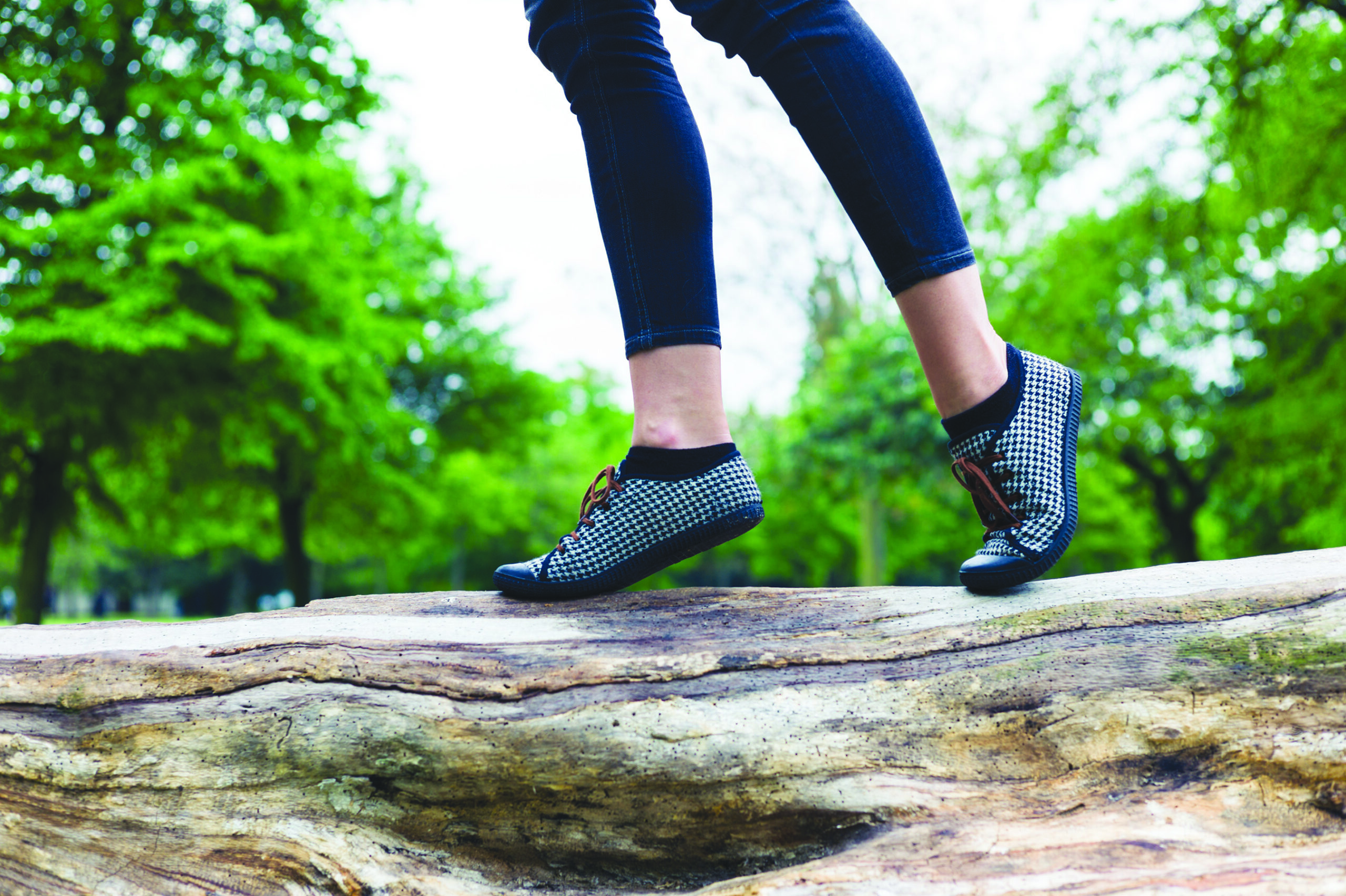
By Dr. Fritz Butehorn, Spartanburg/Greer ENT & Allergy
Many hearing loss patients we see at Spartanburg & Greer ENT are also struggling with another health condition: imbalance. That’s because hearing loss affects your vestibular system, which is located in the inner ear and is responsible for your sense of balance, detecting movements to provide awareness of spatial orientation.
If you sometimes feel unsteady on your feet, you’re not alone. Vestibular system issues are common—90 million Americans go to their health care provider for vertigo, dizziness or balance problems. [1]
Seeking help from a medical professional is a smart move, particularly for hearing loss patients. One of the most compelling reasons to access care is that research shows that people with hearing loss are more likely to experience a fall than peers with normal hearing.
One study from Johns Hopkins School of Medicine and the National Institute on Aging found that people ages 40 to 69 with mild hearing loss have triple the risk of a dangerous fall. This increased risk may be because hearing loss can overwhelm cognitive resources, resulting in less brainpower to help maintain balance. Or, it may be due to the fact that people who can’t hear well often don’t have good environmental awareness. [2]
Another study from the University of Michigan looked at data from seniors who had newly diagnosed hearing loss but were otherwise healthy. They found that 13% of those with hearing loss had an injury within the previous three years, compared to just 7.5% of the general population in the same age range. Interestingly, the same study also discovered that using hearing aids can delay a diagnosis of a dangerous fall. [3]
Staying on top of your hearing and balance health is crucial for your overall well-being, particularly if you’re a senior. Good balance is important to maintaining independence and daily routines as you age (33% of adults with chronic imbalance have problems performing basic living tasks), [4] allowing you to live without restriction and the unnecessary fear of falling. Good hearing makes communicating and connecting with others easier, helping you stay engaged and keeping loneliness and self-isolation at bay.
Ensure you get the healthiest, happiest years you can in the latter part of your life by being proactive today and partnering with our experienced team of hearing and balance experts. Over the years, we have helped hundreds of patients in our community successfully improve their hearing and balance through our best-in-class care.
If you or someone you love is experiencing suspected hearing loss or balance issues, please consider scheduling a consultation with us for a comprehensive evaluation.



